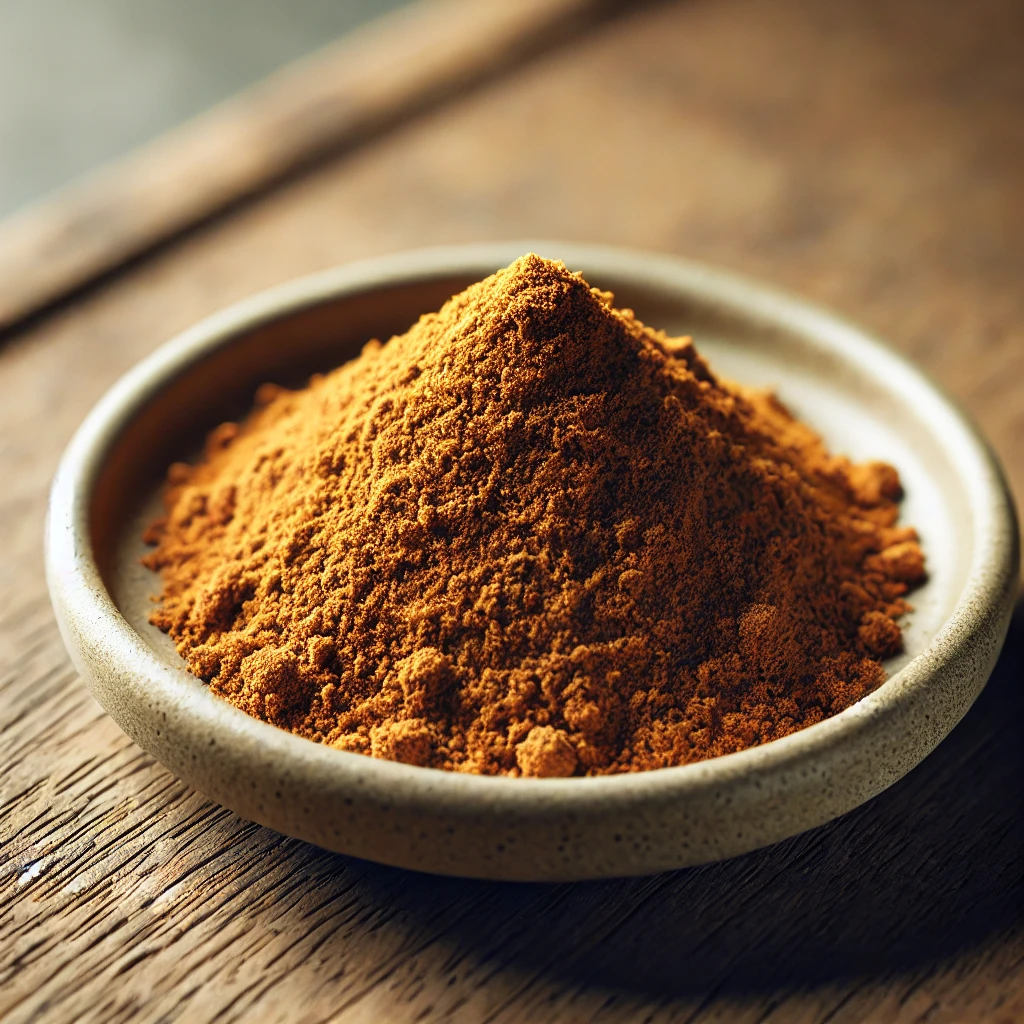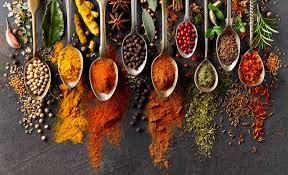The Dangerous Secret Lurking in Spices: Hydrogenated Fats
Homemade spices is not for you? Prepare to be shocked! Beneath the alluring flavours of your beloved spices lies a hidden peril — hydrogenated fats. These fats, known as trans fats, are stealthily added to some spice products, lurking in plain sight, threatening our well-being in silence.
The truth is, hydrogenated fats serve no purpose in the realm of spices other than to threaten our health for the sake of profit margins and prolonged shelf life. Hydrogenated oil contains a high amount of trans fats, which can lead to heart disease, raise cholesterol and triglycerides, and increase the body’s inflammatory response. Trans fats elevate low-density lipoprotein (LDL) cholesterol levels while lowering high-density lipoprotein (HDL) cholesterol levels, making a person more likely to suffer a stroke or heart attack. HDL cholesterol is responsible for removing excess cholesterol from the body and transporting it to the liver, whereas LDL cholesterol deposits cholesterol on the arterial walls. Studies have shown that people whose diets contain higher amounts of trans fats tend to have poorer memories.
These deceptive fats have a dark history, linked to heart disease, cholesterol spikes, and increased risk of strokes. The scientific evidence against them is damning, yet they persist, cunningly camouflaged amidst the spices we love. Choosing homemade spices or trusted homemade spice blends can help avoid these harmful additives. Pregnant women and children need to be more cautious about these harmful effects.

The Dark Side of Hydrogenated Fats — Unveiling the Health Risks
Heart Health at Risk
Hydrogenated fats can elevate levels of harmful LDL cholesterol and decrease beneficial HDL cholesterol. This unhealthy lipid profile increases the risk of heart disease, heart attacks, and strokes.
Inflammation and Chronic Diseases
Consumption of hydrogenated fats can trigger inflammation in the body, leading to a higher risk of chronic diseases, such as diabetes, obesity, and arthritis.
Weight Gain and Obesity
Hydrogenated fats contribute to weight gain by promoting excess fat storage and hindering the body’s ability to burn calories efficiently.
Impaired Blood Vessel Function
The consumption of hydrogenated fats can impair blood vessel function, reducing their ability to expand and contract as needed, leading to poor blood circulation and higher blood pressure.
Increased Risk of Type 2 Diabetes
Hydrogenated fats may interfere with insulin sensitivity, increasing the risk of insulin resistance and type 2 diabetes.
Adverse Effects on Liver
The liver struggles to metabolize hydrogenated fats effectively, leading to fat accumulation and increasing the risk of non-alcoholic fatty liver disease (NAFLD).
Cognitive Decline
Studies suggest that diets high in hydrogenated fats may contribute to cognitive decline and an increased risk of neurodegenerative diseases, such as Alzheimer’s.
Reduced Nutrient Absorption
Hydrogenated fats can interfere with the absorption of essential nutrients like vitamins A, D, E, and K, leading to potential nutrient deficiencies.
Cellular Damage
The trans fats in hydrogenated fats can cause damage to cells and tissues, increasing oxidative stress and accelerating the aging process.
Harmful to Children’s Development
Consuming hydrogenated fats during pregnancy and early childhood can negatively impact brain development and cognitive function in children.
The Silent Threat of Sulfites in Spices
Amidst the captivating allure of spices, a silent threat lurks — sulfites. These additives, including sulfur dioxide, metabisulfites, and others, are commonly used in some spice products as preservatives, but their impact on our health can be concerning. Sulfites serve to maintain the color, freshness, and shelf life of spice blends and seasoning mixes, including many products that claim to be among the best seasoning spices.
However, for some individuals, sulfites can trigger adverse reactions, especially in those with asthma or sulfite sensitivity.
Harmful Effects of Sulfites in Spices
- Respiratory Distress
- Allergic Reactions
- Digestive Discomfort
- Headaches and Migraines
- Asthma Exacerbation
- Increased Risk of Cardiovascular Issues
- Vulnerable Populations at Risk
- Interference with Nutrient Metabolism
- Skin Irritation
To ensure our safety and that of our loved ones, it is essential to be aware of the sulfite content in spice products. Choosing homemade spices or homemade spice blends free from artificial additives can reduce the risk of adverse reactions.
Pesticides in Spices
Yes, pesticides can be found in spices. Some spices, especially those imported from countries with less stringent regulations, may have higher levels of pesticide residues.
Harmful Effects of Pesticide Residues in Spices
- Acute Health Effects
- Cancer
- Endocrine Disruption
- Neurological Effects
- Reproductive and Developmental Harm
- Immune System Suppression
- Environmental Impact
- Antibiotic Resistance
Throughout our insightful discussion, we have delved into the hidden risks of additives in spice products, shedding light on the potential harms they pose to our health. From hydrogenated fats to artificial flavors, nitrates, and preservatives, we’ve unraveled the dark side of these substances that often find their way into our homes and finally into our kitchens.
With more than 30 years of experience in the food, health, and nutrition industry, I urge you to approach spice selection with mindfulness and caution. Choosing homemade spice blends crafted with care and free from unnecessary additives is one of the best ways to protect your health.
Remember, the key to a vibrant and fulfilling life lies in nourishing your body with wholesome foods and minimizing the intake of processed and potentially harmful additives.
Let us take this knowledge to transform our relationship with spices, prioritizing health and authenticity in every culinary experience by selecting only the best seasoning spices and homemade spices you can trust.




Pingback: Harness the Power of homemade Spices and Herbs for Health